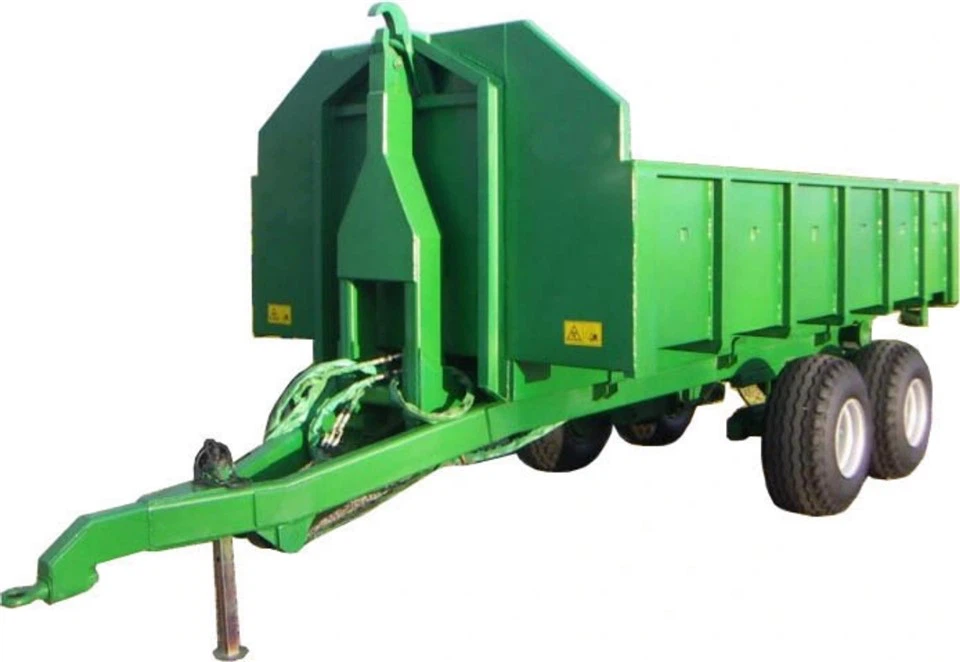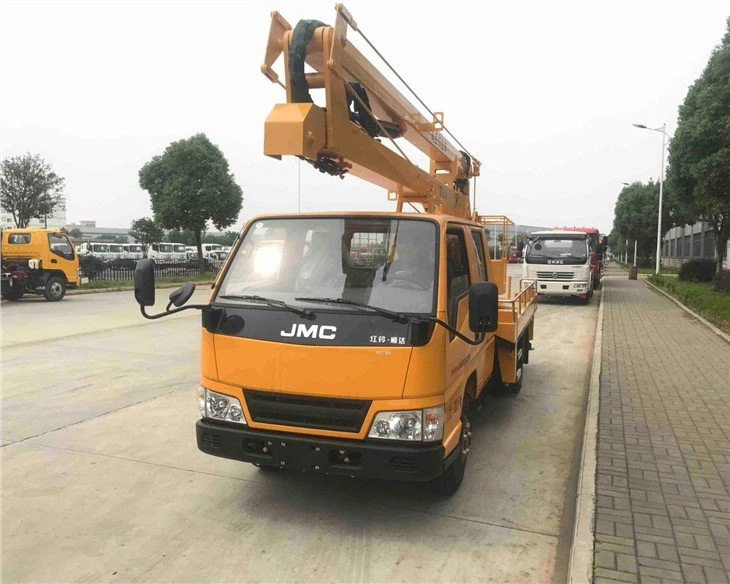Everything You Need to Know About Super Vac Trucks

Introduction
Super vac trucks, known for their efficiency and versatility, play a vital role in various industries, including construction, environmental services, and municipal operations. Designed to tackle challenging tasks such as vacuuming and transporting liquid and solid waste, these specialized trucks combine powerful suction with advanced technology. This article will explore the various aspects of super vac trucks, including their features, types, applications, and practical usage tips. By the end, you’ll have a comprehensive understanding of what makes super vac trucks indispensable in many sectors.
What is a Super Vac Truck?
A super vac truck is a specialized type of vacuum truck equipped with high-performance suction capabilities. These trucks are typically used for cleaning and waste removal tasks that involve various fluids, sludges, and solid debris. With powerful pumps and tank systems, super vac trucks can quickly and efficiently clear out sites, making them essential for effective waste management.
How Super Vac Trucks Work

Super vac trucks operate through a combination of vacuum and pressure technology. The truck is equipped with a large tank to store collected materials and a powerful vacuum pump that creates a negative pressure inside the tank. This suction draws in debris and liquids through a hose, transporting them to the tank for disposal. Some advanced models may also feature a pressure system that can be used to clean surfaces before the suction process begins.

Key Components of Super Vac Trucks
The essential components of a super vac truck include:
- Vacuum Pump: The heart of the truck, responsible for creating suction.
- Tank: The container that holds the collected waste or materials.
- Hoses: Flexible tubing that allows for the collection of debris.
- Filters: Systems in place to prevent contaminants from escaping the tank.
- Vacuum Controls: Mechanisms to control the suction power and the flow of materials.
Types of Super Vac Trucks
1. Liquid Vacuum Trucks
These trucks are designed specifically for sucking up liquids, making them ideal for wastewater treatment facilities, agricultural waste removal, and chemical spills. Liquid vacuum trucks come with a sealed tank to prevent leakage and contamination.
2. Combination Vacuum Trucks
These versatile trucks combine vacuuming capabilities with high-pressure jetting. They can not only suck up liquids but also clean pipelines and drains effectively, making them a preferred option for municipalities.
3. Industrial Vacuum Trucks
Industrial vacuum trucks are built to handle tough environments, often used in manufacturing plants and in industries that deal with hazardous materials. These trucks come equipped with special features to enhance safety and performance.
Applications of Super Vac Trucks
1. Environmental Cleanup
Super vac trucks are indispensable in environmental cleanup operations, including oil spills and hazardous waste removal. Their ability to quickly vacuum up liquids reduces the impact on the environment and accelerates the cleanup process.
2. Construction Sites
In construction, super vac trucks can quickly remove excess water, debris, and sludge from sites, providing a safer and more efficient working environment for crews.
3. Municipal Waste Management
Municipalities use super vac trucks for various tasks, from cleaning catch basins and storm drains to removing waste from public parks.
Benefits of Using Super Vac Trucks
1. Efficiency
Super vac trucks can significantly reduce the time and manpower needed for cleaning tasks, resulting in operational efficiency and cost savings.
2. Versatility
These trucks can handle a variety of materials, both solid and liquid, making them suitable for numerous applications across different industries.
3. Environmental Compliance
Using super vac trucks aids in meeting environmental regulations by ensuring waste is collected and disposed of properly.
Choosing the Right Super Vac Truck for Your Needs
Selecting the appropriate super vac truck depends on several factors:
1. Type of Waste
Consider whether you’ll primarily deal with liquids, solids, or a combination of both. This will determine if you need a liquid vacuum truck, a combination truck, or an industrial model.
2. Capacity Requirements
Evaluate how much waste you typically handle. Trucks come in different tank sizes; larger tanks mean fewer trips for disposal.
3. Power Specifications
Check the specifications of the vacuum pump, including its suction power and flow rate, to ensure it meets the demands of your operations.
4. Safety Features
Prioritize trucks that include safety features such as spill containment and easy access for maintenance checks.
Practical Tips for Operating Super Vac Trucks
1. Routine Maintenance
Conduct regular maintenance checks on your super vac truck to ensure all components are functioning optimally. Pay particular attention to the vacuum pump and filters.
2. Proper Training
Ensure that operators are well-trained in the truck’s operation and safety protocols. This minimizes accidents and enhances operational efficiency.
3. Compliance with Regulations
Familiarize yourself with local regulations regarding waste disposal. Ensure the truck’s operations adhere to these guidelines to avoid fines.
4. Safe Disposal Practices
Establish safe disposal practices for the materials collected by the super vac truck. Engage with licensed disposal facilities where necessary.
Common Challenges Faced with Super Vac Trucks
1. Blockages
One common challenge is dealing with blockages in the hoses or tank. Regular cleaning and maintenance can prevent this from occurring.
2. Weather Conditions
Adverse weather conditions can hinder operations. Planning work schedules around weather forecasts can mitigate these impacts.
3. Equipment Failures
Equipment failures can occur unexpectedly. Having a reliable servicing plan allows for quick repairs and minimizes downtime.
Future Trends in Super Vac Truck Technology
1. Automation
The future may see increased automation in super vac trucks, allowing for remote operation and monitoring, enhancing efficiency and safety.
2. Environmentally Friendly Options
As environmental regulations tighten, manufacturers are developing eco-friendly super vac trucks that utilize alternative fuels and efficient waste filtration systems.
3. Advanced Sensors

Integration of advanced sensors to monitor waste levels and operational conditions may become standard, providing real-time feedback to operators.
Frequently Asked Questions (FAQs)
1. What is the difference between a vacuum truck and a super vac truck?
While both types of trucks are designed for vacuuming and transporting materials, super vac trucks generally feature enhanced suction power and are designed for more demanding tasks.
2. Are super vac trucks environmentally friendly?
Many super vac trucks are now designed to meet environmental regulations, and their efficient waste removal capabilities help minimize environmental impact.
3. How often should a super vac truck be serviced?
It is recommended to service super vac trucks every 3 to 6 months, depending on usage. Regular maintenance ensures optimal performance.
4. Can super vac trucks handle hazardous materials?
Yes, certain super vac trucks are designed to handle hazardous materials, provided they are equipped with the necessary safety features and certifications.
5. What industries commonly use super vac trucks?
Super vac trucks are widely utilized in environmental services, construction, municipal waste management, and industrial applications.
6. What should I look for when buying a super vac truck?
Look for factors such as capacity, suction power, safety features, and compliance with local regulations when purchasing a super vac truck.
